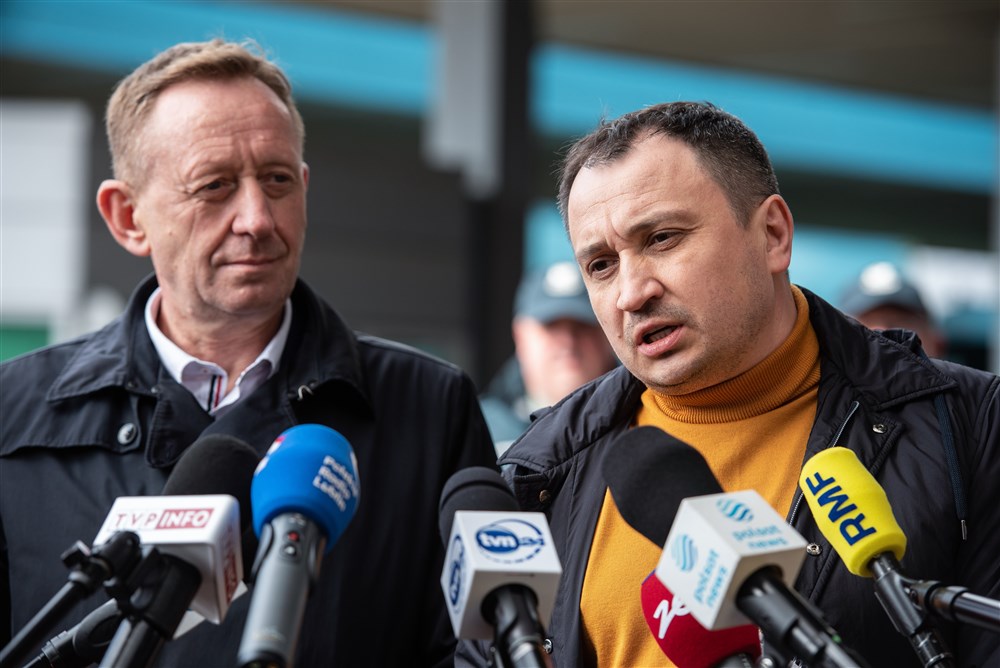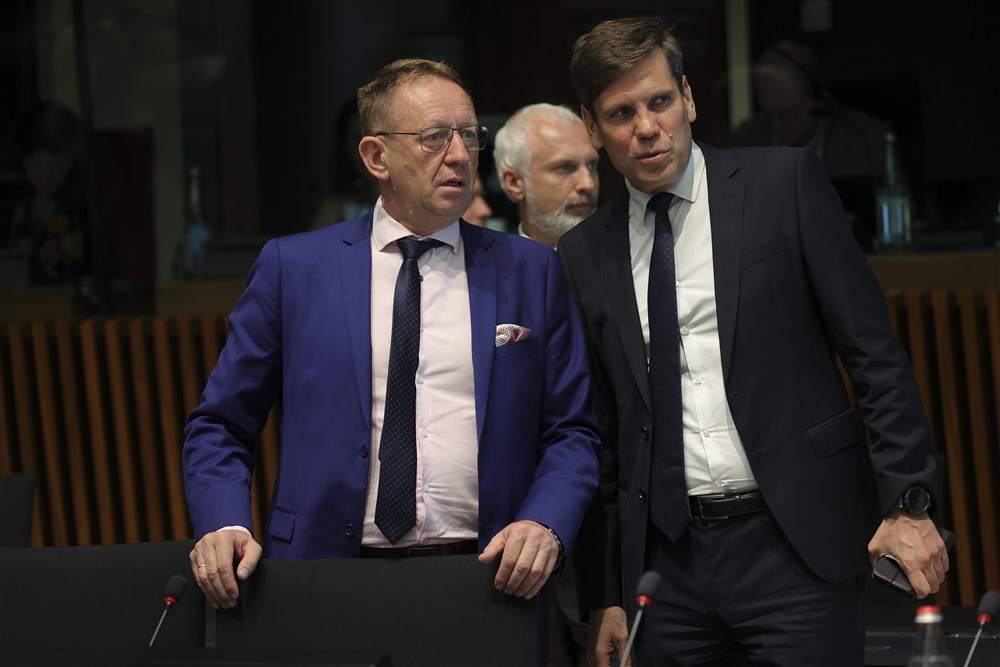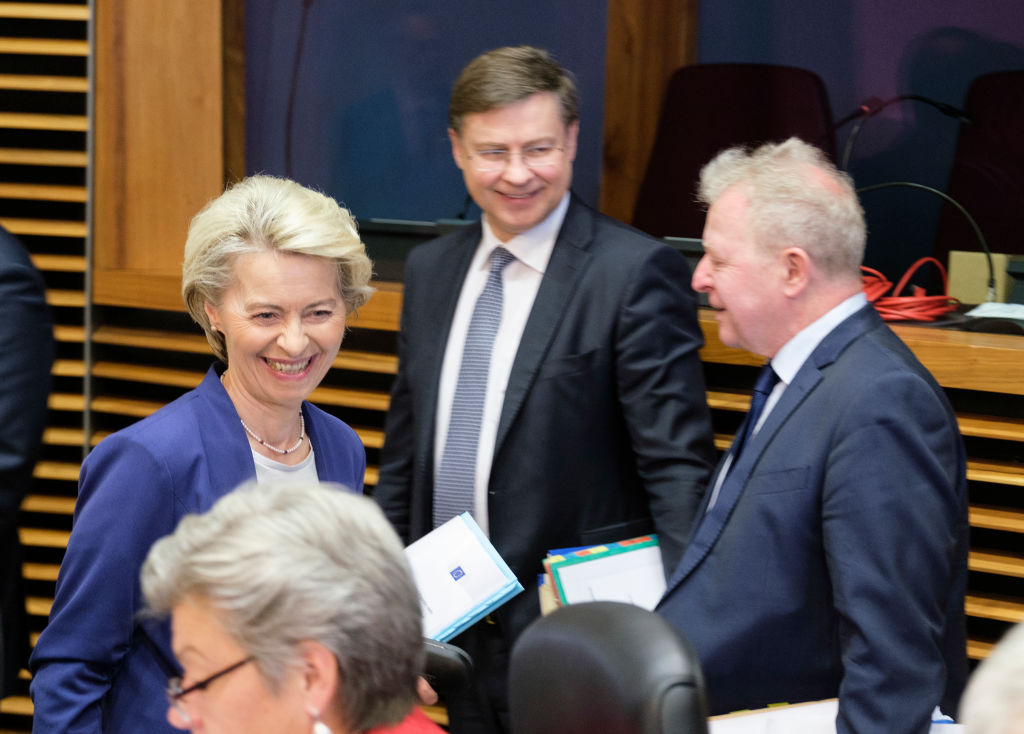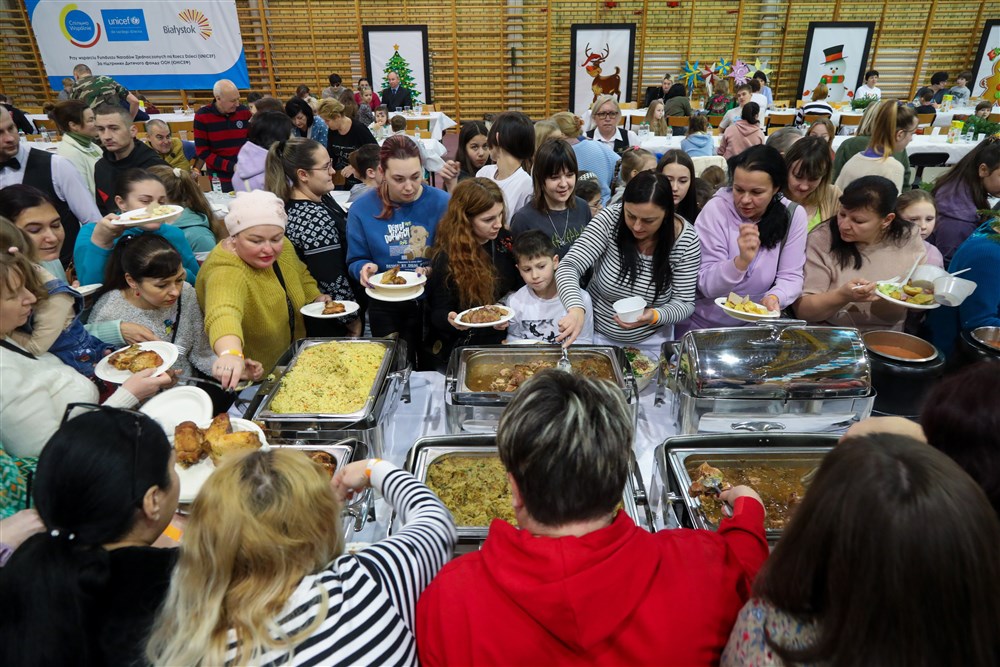In a bid to force the European Commission to extend the embargo on Ukrainian grain until the end of this year, Prime Minister Mateusz Morawiecki has said Poland will not open its border to cereal products after September 15, when the European Union ban expires.
He said the EC needs to work on “regulations that will extend this ban, or we will do it ourselves”.
Jan Krzysztof Ardanowski, senior adviser to Polish President Andrzej Duda, urged the government to enter into negotiations with both the EU and Ukraine to secure a more favourable deal.
Ardanowski also accused the EC, which observers say has refused to help Member States in exporting excess grain to Africa and the Middle East, of “behaving like Pontius Pilate and washing its hands of the matter, passing it onto the Member States, just making symbolic gestures such as inadequate compensation payments”.
Morawiecki’s declaration followed an agreement struck on July 19 by the agriculture ministers of five “frontline” EU Member States – Poland, Bulgaria, Hungary, Slovakia and Romania – all bordering Ukraine. In a bid to influence the EC to extend the grain embargo the ministers signed a “joint position” on extending the ban on the import of four types of grain from Ukraine until the end of 2023.
The EC in April brokered a deal with the five countries over restrictions on Ukrainian agri-food products, barring imports of wheat, corn, rapeseed and sunflower seeds. Last month the EC prolonged the ban until September 15.
Poland insists that it is already helping Kyiv by facilitating grain transit from Ukraine to those EU states that want to take it. Warsaw says that its own market needs protecting and Morawiecki on July 19 said that the ban would be extended to other produce such as fruit if it was found that prices continued to fall.
The country’s ruling Conservative PiS party enjoys considerable support in among farmers and is sensitive to the issue with elections due in autumn.
The move to ban the import of Ukrainian grain came after protests from farmers who claimed that increasing exports of the produce were hurting the domestic market in Poland.
Ardanowski, a former agriculture minister with the PiS, told internet TV channel PCh24 he feared a “swamping” of the Polish food market with Ukrainian produce this autumn.
He claimed grain, meat and other produce were continuing to pour into Poland and that the grain embargo was being bypassed by means such as contracts backdated to before April 15, the date the ban came into force.
Poland’s current agriculture minister Robert Telus told Polish media that he suspected the EC’s refusal to extend the ban on Ukrainian imports was designed to affect the outcome of the elections in Poland.
Prominent European Parliament figures and EC President Ursula von der Leyen have gone on record saying that they hoped for a change of government in Poland.
The PiS fears that any problems regarding the Polish food sector could increase support for its rival on the political Right, the Confederation party, and let the Liberals led by Donald Tusk in through the backdoor.
That is a primary reason, observers say, for Warsaw’s determination to disobey Brussels and extend the grain embargo.





